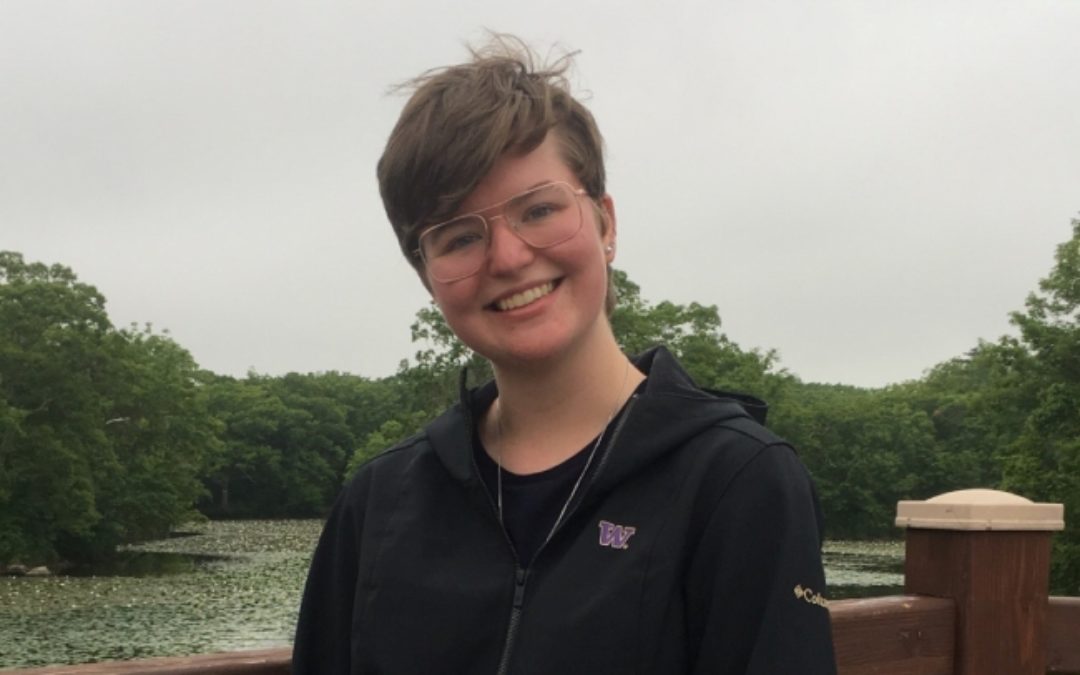Montana describes the beginning: “I had lost so much weight. I just couldn’t eat anything, and was constantly cold. I was skeletal. Chicago winters aren’t fun, and I was just always wearing so many sweaters, coats and a hat, and I was inside. I was just so sick.” says Montana.
In addition to more common digestive symptoms, Montana’s Crohn’s disease is manifest throughout her digestive system, meaning it extends beyond her intestines to include her stomach, upper intestines, esophagus, and mouth, leading to painful ulcers. Throughout her eight years with the disease, Montana tried virtually every medical intervention available including azathioprine, mesalamine, methotrexate, tacrolimus, adalimumab, ustekinumab, vedolizumab, infliximab, and long steroid regimens. In so doing, she endured many difficult side effects, including neuropathy, injection site reactions, and arthritis. As part of her monitoring and diagnosis, Montana also underwent many physically challenging procedures, including radiographic small bowel follow-through exams, abdominal CT scans and MRIs, and nine colonoscopies. With her Crohn’s disease still flaring, Montana’s time as a college student at the University of Washington was cut short during her junior year. After a series of challenges to find the right provider back at home, Montana eventually sought care from Sushila Dalal, MD, a gastroenterologist at University of Chicago Medicine with a special expertise in young adult patients and patients transitioning from pediatric to adult care.
“I love Dr. Dalal. She’s so smart, and she listens, and she believes me,” says Montana.
After consultation with Dr. Dalal, Montana decided to have surgery to resect injured bowel tissue as well as create a temporary ileostomy in March 2020. In addition to this “bowel rest,” Montana continued to try higher doses and more frequent medical therapy to heal her Crohn’s disease. After a year, Montana decided to make the temporary ileostomy permanent with a total proctocolectomy in September 2021. The pathology reports after surgery indicated Montana still had active Crohn’s disease and severe damage in her colon, meaning that the colectomy was absolutely necessary.
Says Dr. Dalal, “Montana is incredibly mature and positive despite one challenge after another. She has faced many painful aspects of her disease, medication side effects, and surgery with incredible grace.”
Montana looks forward to returning to her studies in early childhood education at the University of Illinois, Champaign-Urbana. Wise beyond her years, she has sage advice for patients with Crohn’s disease: “Don’t be afraid to grieve. It’s going to be really hard, and you are going to feel sad, and that’s okay. And also, don’t get caught up in what you think everyone else is doing… it’s okay to skip the party to stay home to watch Netflix. Taking care of your health is most important.”

